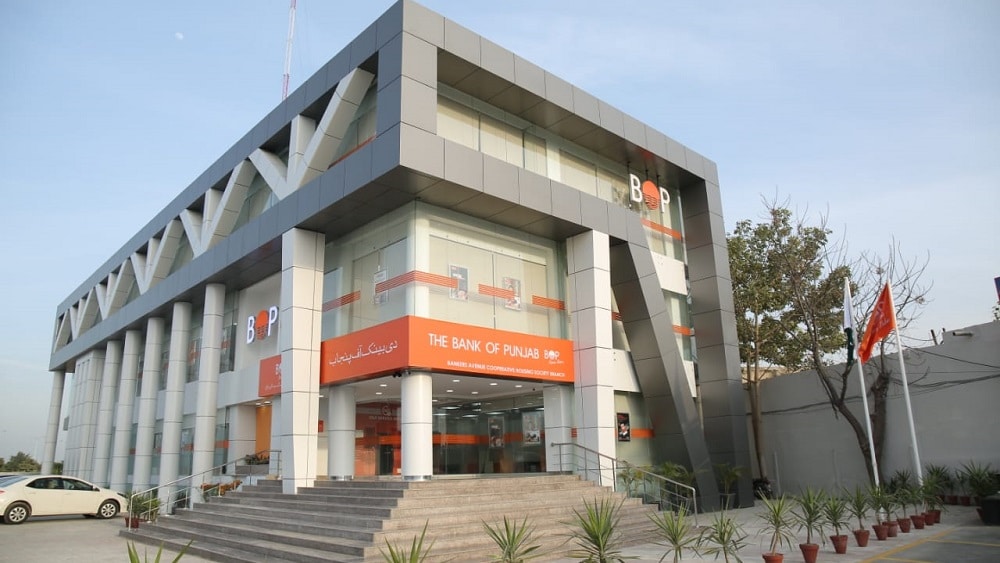The management of the Bank of Punjab is mulling over an option to convert the banking institution to a full-fledged Islamic bank in the next few years considering the pent-up demand for Sharia-compliant financing and its staggering growth across the country.
In this connection, the bank shall engage a consultant in 2023 for the evaluation of the proposal for a full-fledged conversion from a conventional to an Islamic banking model. The management will make review the proposal before getting approved by the board of directors and regulatory authorities, according to the bank’s corporate briefing presentation.
The decision has been taken in the backdrop of the ruling provided by the Federal Shariah Court last year and then the Federal Government’s decision to enact its instructions for ending the Riba-based banking and financial system in the next five years.
The conversion option is a part of the future strategy of the bank which was discussed in the recent analysts briefing session held by the officials of the Bank of Punjab. The management of the Bank of Punjab has included the conversion plan of the bank to Islamic banking in the key strategic focused areas for the bank in the next two years.
Besides the ruling of the judiciary, the management is focusing on Islamic banking offering lucrative returns by virtue of its low cost of Deposits and significant potential for enhancement of market share.
Bank of Punjab is a public sector bank owned majorly by the provincial government of Punjab. It is operating with 640 conventional branches, 140 Islamic banking branches, and 40 Islamic banking windows.
In 2022, the bank generated a profit of Rs. 1.263 billion from its Islamic banking division with a 34.7 percent growth from the profit of the previous year. The profit of the Islamic bank roughly represented over a 10 percent share of the bank in the overall profitability. The bank made an overall profit of Rs. 10.83 billion in 2022 showing a 15 percent decrease on a year-on-year basis due to high tax payments.
State Bank of Pakistan (SBP) announced that it will facilitate banks having plans to convert their business into Shariah-compliant mode as part of its plan to enhance the share of Islamic banking from 20 to 35 percent in the next two years.
In early 2023, Faysal Bank has been converted to a full-fledged Islamic bank from a conventional bank. The conversion of the bank, the pent-up demand for Islamic banking along with the ruling of the Shariat Federal Court influenced various managements of different banks to kick start the evaluation process to convert the operations from conventional to Islamic-based.
Recently, a medium-sized bank—Summit Bank’s board of directors also approved a plan to convert the bank’s operations from conventional to a full-fledged Islamic bank.
Islamic banking in Pakistan has been flourishing at an accelerated pace across the country. It has built up an asset of over Rs. 6 trillion and deposits of Rs. 5 trillion in 2022.
According to the SBP’s survey, among 10,000 households, 74 percent said “yes” on the willingness to switch to Islamic Banking. This shows that the clear majority is not just receptive but also supportive of the Riba-free banking system. The survey on Islamic banking in Pakistan clearly indicates that there is an overwhelming demand for Islamic banking in the country.






















collecting money in the name of islam. good business in pakistan
should convert like faisal bank and do it on warfooting basis as it will enhance its business and compliance with shariah Court decision. secondly before dispensing loans islamic merit should also be taken into account
Islamic Banking means less profit for consumers and more for banks.
It’s become fashion in this country to use name of Islam when govt don’t want people to question.